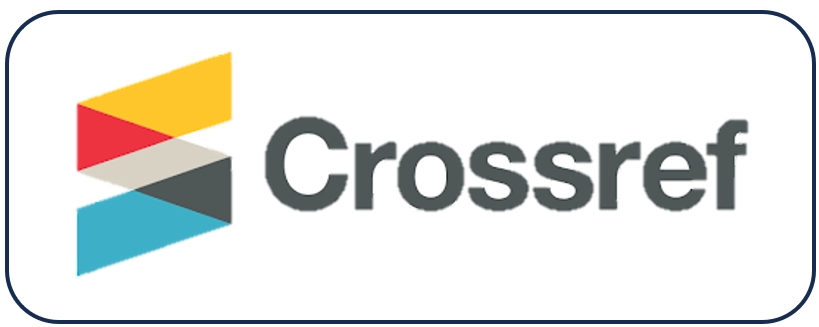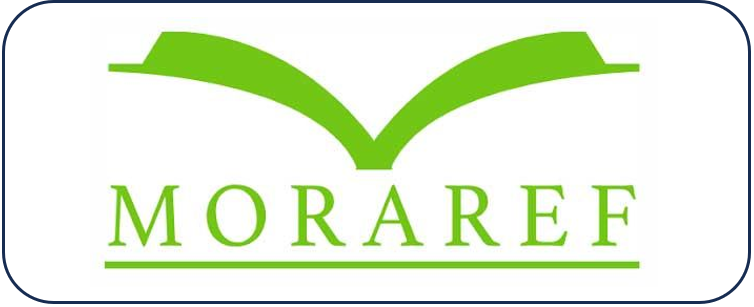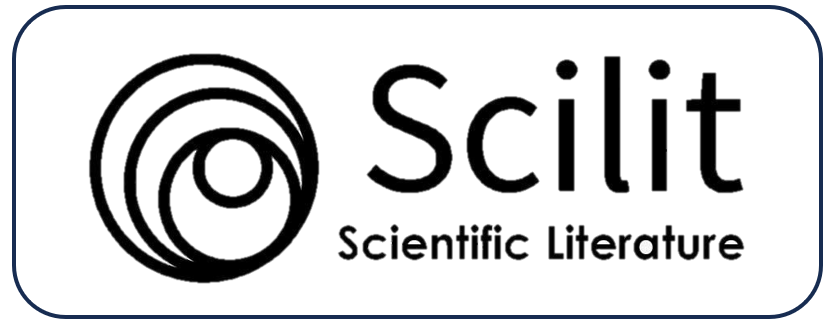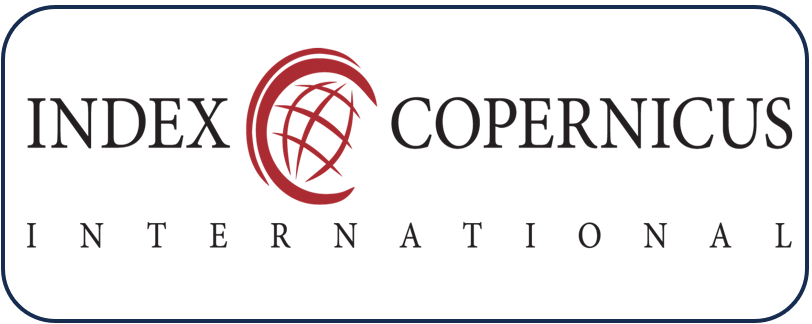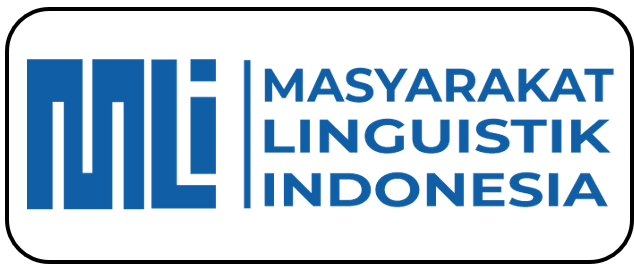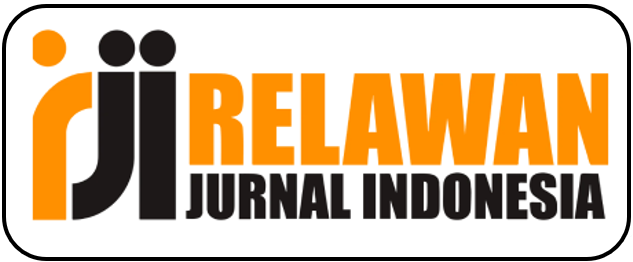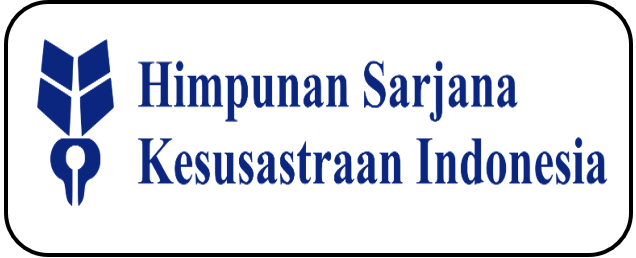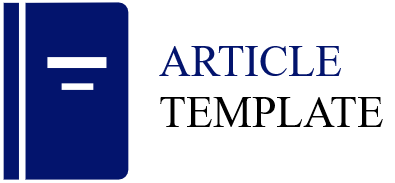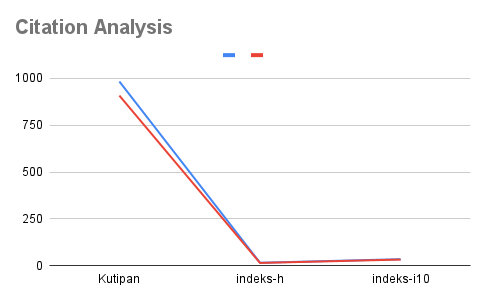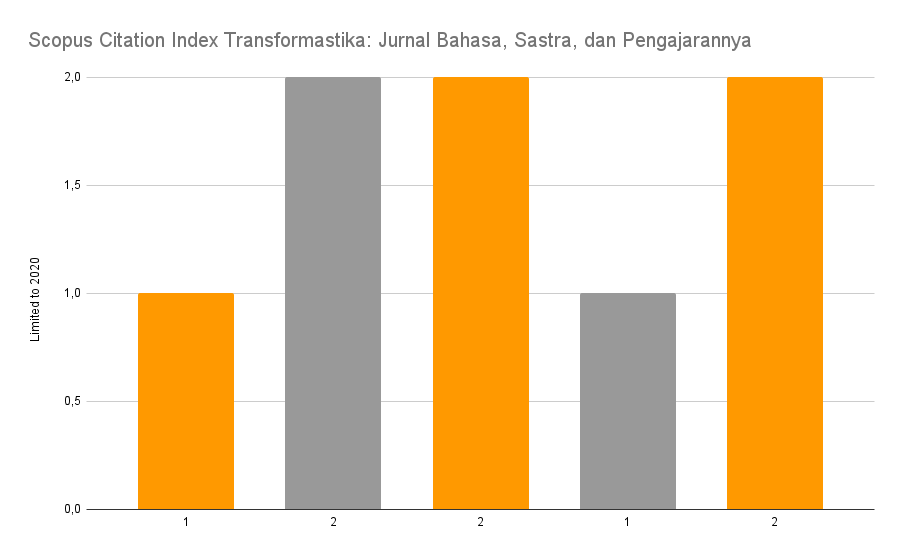About Journal
Focus and Scope
TRANSFORMATIKA: Jurnal Bahasa, Sastra, dan Pengajarannya publishes manuscripts on research in language teaching, literature, and linguistics.
Linguistics: phonology, morphology, syntax, discourse analysis, psycholinguistics, sociolinguistics, and critical discourse analysis.
Literature: local literature studies, Indonesian literature, foreign literature studies, children literature, literature studies for character education, and other literary studies.
Indonesian Language and Literature: curriculum development, learning methods, learning materials, learning media, assessment, Indonesian language learning across curricula, information and communications technology in Indonesian language learning, language skills, and other Indonesian language learning analyses.
The editorial board would like to receive manuscripts submitted via the online submission system. Make sure that the manuscripts meet the scope and submission guidelines of the journal. For more detailed information, please refer to the terms and conditions of TRANSFORMATIKA: Jurnal Bahasa, Sastra, dan Pengajarannya.
The journals have a policy of "Zero Tolerance on Plagiarism". We recommend that authors check their articles with plagiarism prevention tools (ithenticate.com, turnitin.com, etc.) before submission.
Peer Review Process
All submitted manuscripts are read by the editorial board. Those manuscripts evaluated by editors to be inappropriate to journal criteria are rejected promptly without external review. Manuscripts evaluated to be of potential interest to our readership are sent to reviewers. The review process uses a double-blind review system. The editors then make a decision based on the reviewer's recommendation from among several possibilities: rejected, require major revision, need minor revision, or accepted.
For writers who want to submit the manuscript publication is expected to pay attention to the following rules:
- The article is not a plagiarism of other people's work.
- The article sent has never been published and is not under consideration for publication in another journal.
- Articles should be sent according to the TRANSFORMATIKA template.
Open Access Statement
This journal provides immediate open access to its content on the principle that making research freely available to the public supports a greater global exchange of knowledge. This journal is an open-access journal, which means that all content is freely available without charge to users or institutions. Users are allowed to read, download, copy, distribute, print, search, or link to full-text articles in this journal without asking prior permission from the publisher or author as long as they acknowledge the original author as stated in the CC-BY-SA licence from Creative Commons.
Publication Ethics & Malpractice Statement
Duties of Authors
Authors should present an accurate account of the original research performed as well as an objective discussion of its significance. Researchers should present their results honestly and without fabrication, falsification, or inappropriate data manipulation. A manuscript should contain sufficient detail and references to permit others to replicate the work. Fraudulent or knowingly inaccurate statements constitute unethical behavior and are unacceptable. Manuscripts should follow the submission guidelines of the journal.
Originality and Plagiarism:
Authors must ensure that they have written entirely original work. The manuscript should not be submitted concurrently to more than one publication unless the editors have agreed to co-publication. Relevant previous work and publications, both by other researchers and the authors' own, should be properly acknowledged and referenced. The primary literature should be cited where possible. Original wording taken directly from publications by other researchers should appear in quotation marks with the appropriate citations.
Multiple, Redundant, or Concurrent Publications:
Authors should not, in general, submit the same manuscript to more than one journal concurrently. It is also expected that the author will not publish redundant manuscripts or manuscripts describing the same research in more than one journal. Submitting the same manuscript to more than one journal concurrently constitutes unethical publishing behavior and is unacceptable. Multiple publications arising from a single research project should be clearly identified as such and the primary publication should be referenced.
Acknowledgement of Sources:
Authors should acknowledge all sources of data used in the research and cite publications that have been influential in determining the nature of the reported work. Proper acknowledgment of the work of others must always be given.
Authorship of the Paper:
The authorship of research publications should accurately reflect individuals' contributions to the work and its reporting. Authorship should be limited to those who have made a significant contribution to conception, design, execution, or interpretation of the reported study. Others who have made significant contributions must be listed as co-authors. In cases where major contributors are listed as authors while those who made less substantial, or purely technical, contributions to the research or to the publication are listed in an acknowledgment section. Authors also ensure that all the authors have seen and agreed to the submitted version of the manuscript and their inclusion of names as co-authors.
Disclosure and Conflicts of Interest:
All authors should clearly disclose in their manuscript any financial or other substantive conflict of interest that might be construed to influence the results or interpretation of their manuscript. All sources of financial support for the project should be disclosed.
Fundamental Errors in Published Works:
If the author discovers a significant error or inaccuracy in the submitted manuscript, then the author should promptly notify the journal editor or publisher and cooperate with the editor to retract or correct the paper.
Hazards and Human or Animal Subjects:
The author should clearly identify in the manuscript if the work involves chemicals, procedures, or equipment that have any unusual hazards inherent in their use.
Duties of Editors
Publication Decisions:
Based on the review report of the editorial board, the editor can accept, reject, or request modifications to the manuscript. The validation of the work in question and its importance to researchers and readers must always drive such decisions. The editors may be guided by the policies of the journal's editorial board and constrained by such legal requirements as shall then be in force regarding libel, copyright infringement and plagiarism. The editors may confer with other editors or reviewers in making this decision. Editors have to take responsibility for everything they publish and should have procedures and policies in place to ensure the quality of the material they publish and maintain the integrity of the published record.
Review of Manuscripts:
Editors must ensure that each manuscript is initially evaluated by the editor for originality. The editor should organize and use peer review fairly and wisely. Editors should explain their peer review processes in the information for authors and also indicate which parts of the journal are peer-reviewed. Editors should use appropriate peer reviewers for papers that are considered for publication by selecting people with sufficient expertise and avoiding those with conflicts of interest.
Fair Play:
The editor must ensure that each manuscript received by the journal is reviewed for its intellectual content without regard to sex, gender, race, religion, citizenship, etc., of the authors. An important part of the responsibility to make fair and unbiased decisions is the upholding of the principle of editorial independence and integrity. Editors are in a powerful position by making decisions on publications, which makes it very important that this process is as fair and unbiased as possible.
Confidentiality:
The editor must ensure that information regarding manuscripts submitted by the authors is kept confidential. Editors should critically assess any potential breaches of data protection and patient confidentiality. This includes requiring properly informed consent for the actual research presented,




